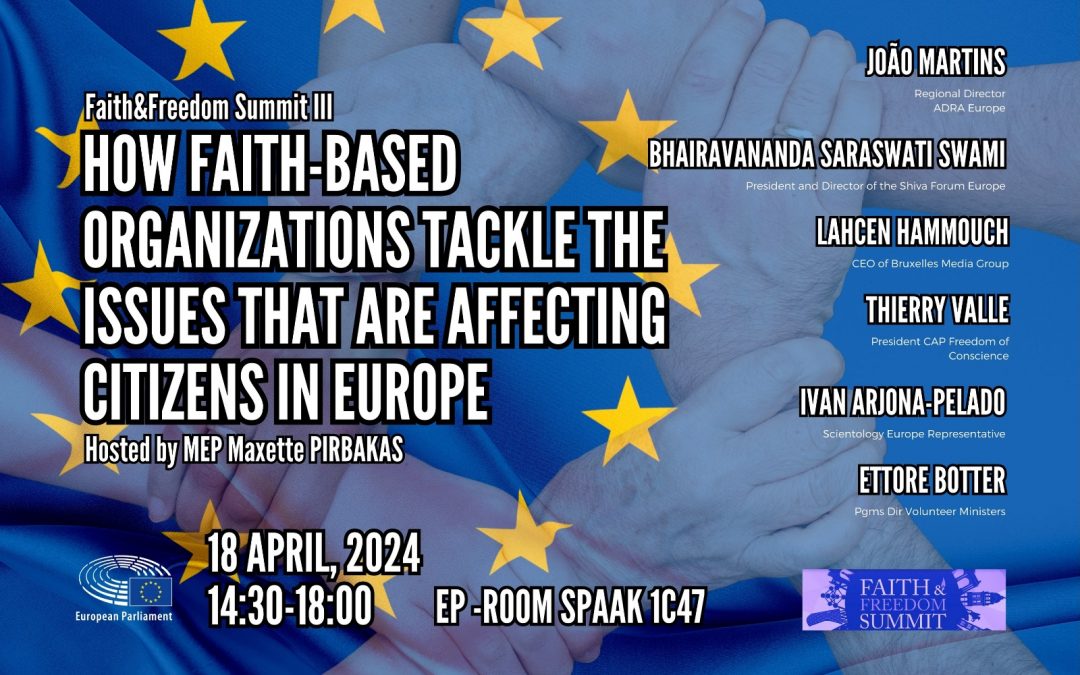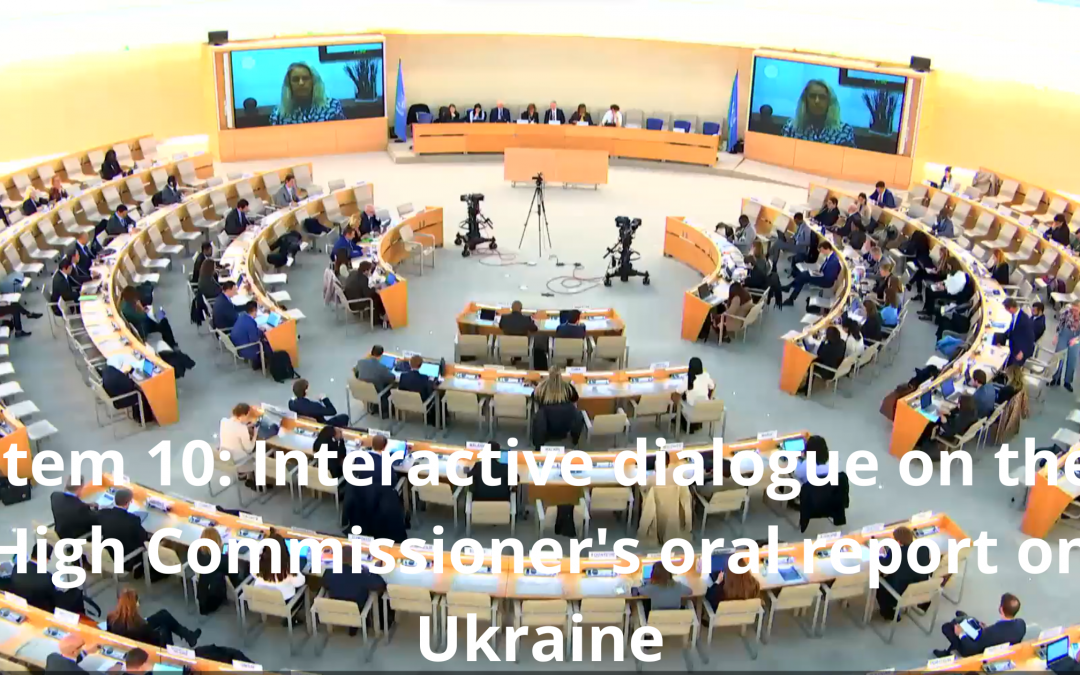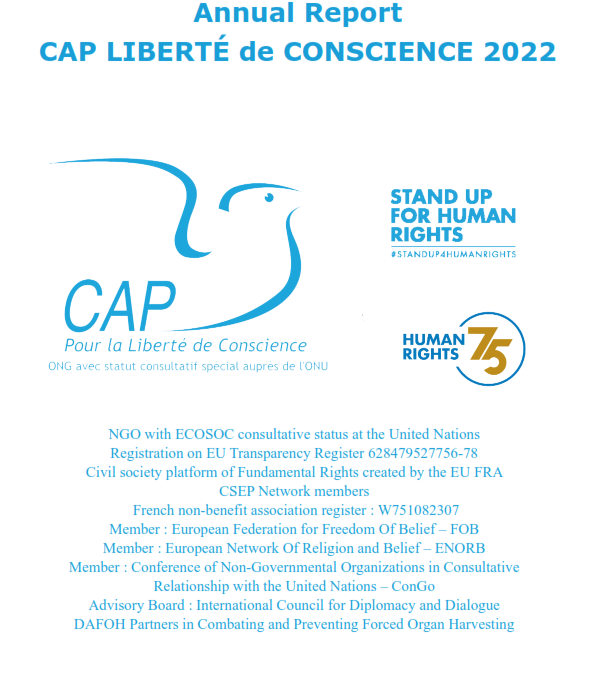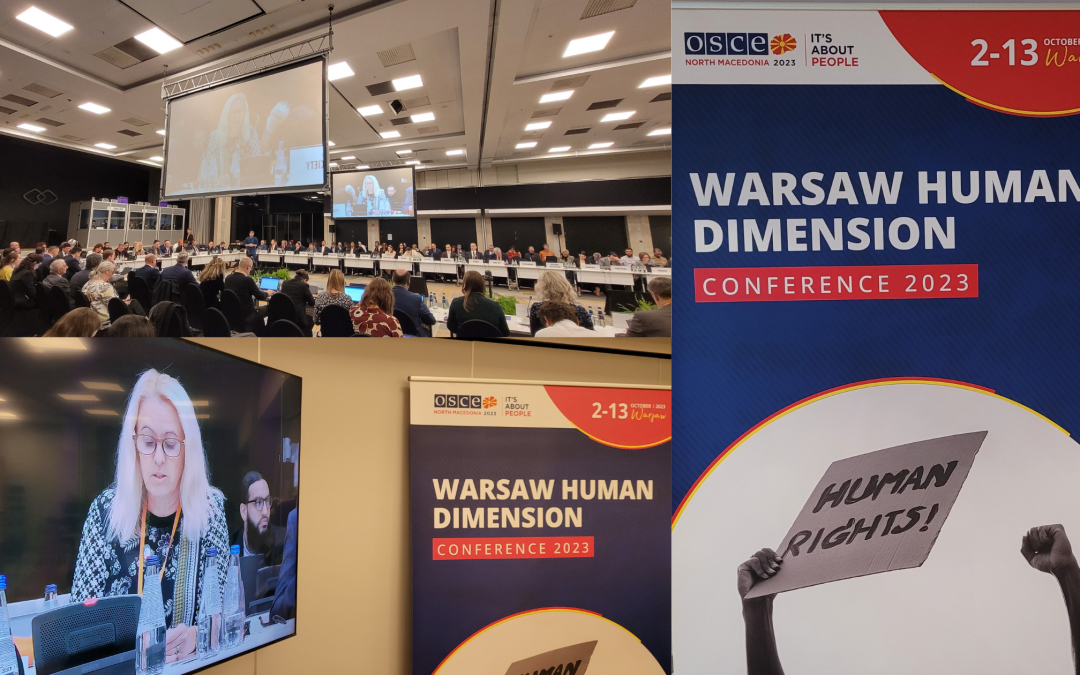
by CAP Liberté de Conscience | Jun 20, 2024 | From the world
In an interview the leader of the United Nations relief mission, in Sudan has depicted an outlook on the countrys worsening humanitarian crisis cautioning that urgent action is required to avert the imminent risk of famine.

by CAP Liberté de Conscience | Apr 15, 2024 | CAP LC Event Coming, news
FBO’s play a significant role in addressing societal challenges, promoting social cohesion, and advocating for the values of faith and freedom in the European Union (EU). This conference aims to provide a platform for MEPs and Civil Society to discuss the challenges, opportunities and impact of FBOs and their contributions to a more inclusive and sustainable society inside Europe.

by CAP Liberté de Conscience | Apr 2, 2024 | HRC 55, news
At the 55th session of the Human Rights Council, CAP Liberté de Conscience and Human Rights Without Frontiers will raise the alarming issue of approximately 20,000 Ukrainian children who have been forcibly transferred from occupied Ukrainian territories to Russia. Despite the efforts of NGOs and the mediation of Qatar, which have led to the rescue and reunification of only a few hundred children with their families in Ukraine, the scale of this crime against humanity remains staggering.

by CAP Liberté de Conscience | Nov 18, 2023 | news
During 2022, CAP Liberté de Conscience continued to denounce violations of religious freedom to European and international bodies.

by CAP Liberté de Conscience | Oct 7, 2023 | news, OSCE
On behalf of UNITED SIKHS and CAP Liberté de Conscience, I address a critical issue affecting our Sikh community and the principles of religious freedom, values we all hold dear.
In recent years, France has become a focal point of concern due to its long-standing ban on Sikh turbans in state schools.
This ban, in place for two decades, violates the fundamental rights of Sikh students to express their faith by wearing turbans, under-turbans, and top-knot coverings, directly contradicting principles of human rights and religious freedom.







